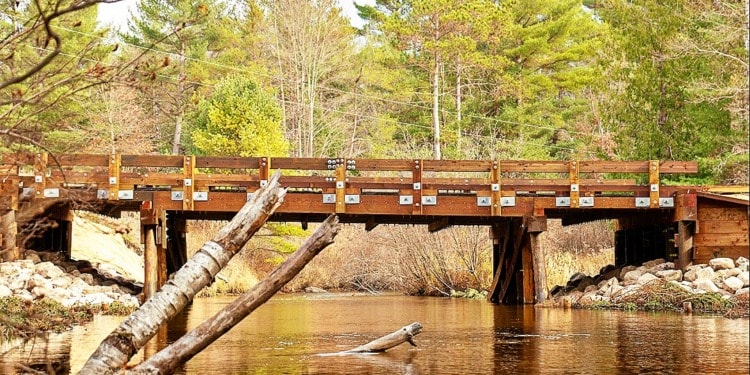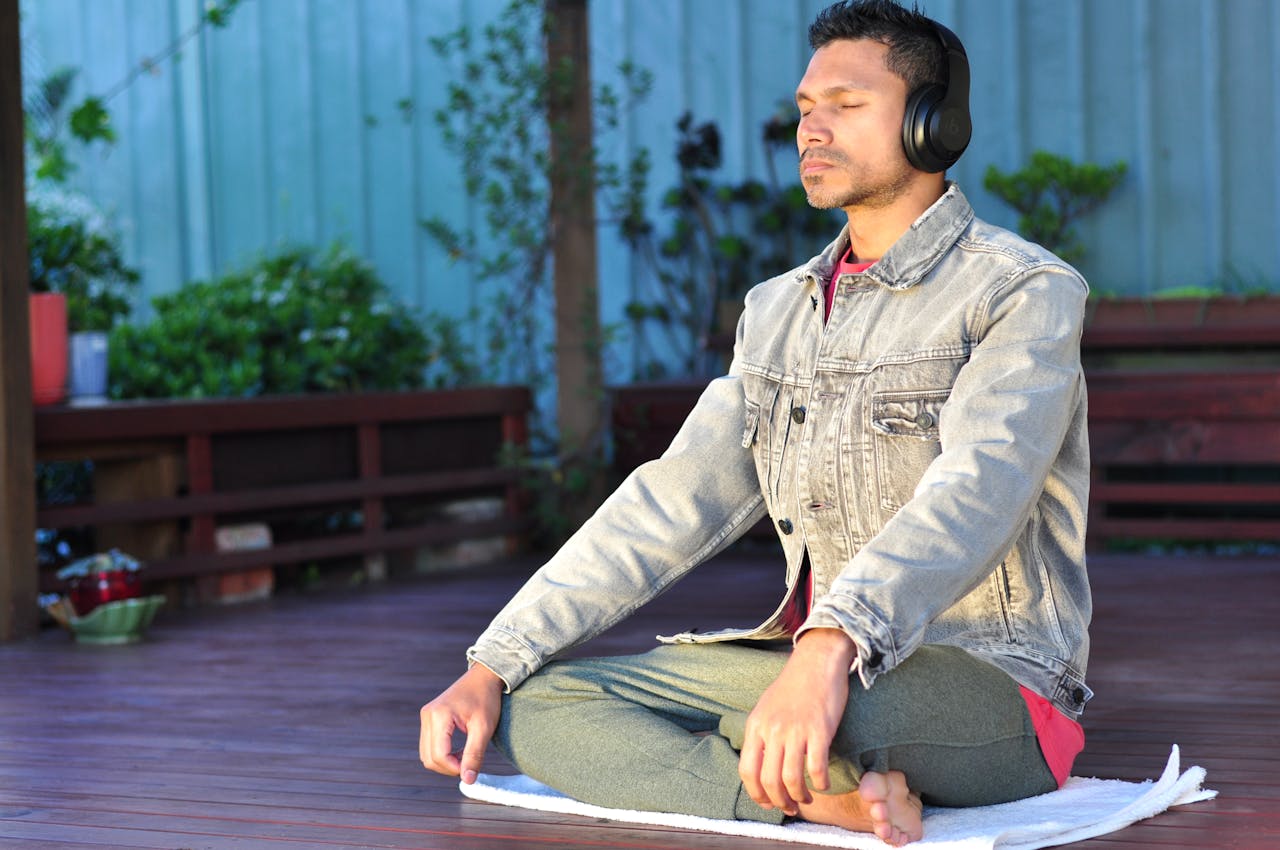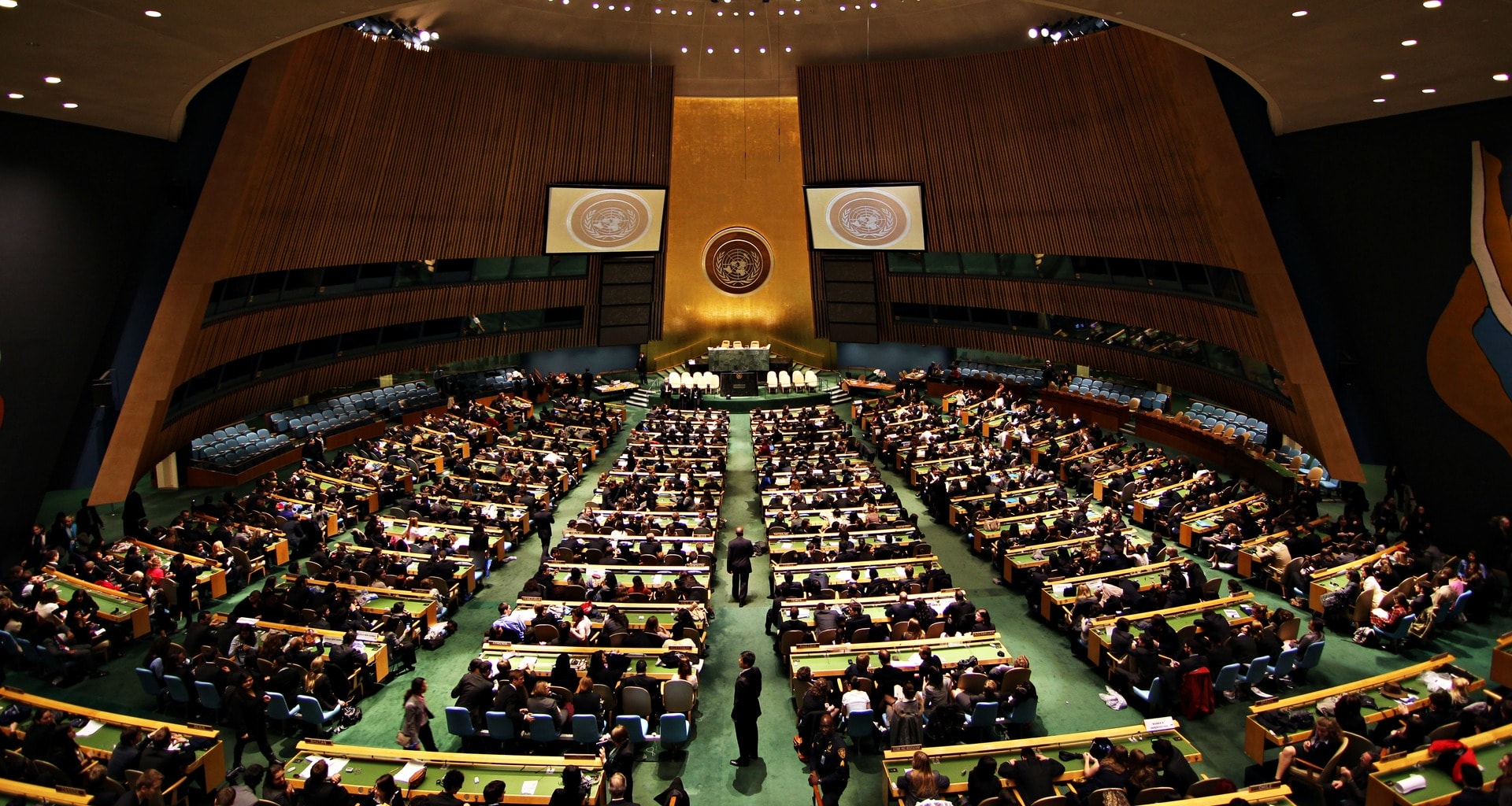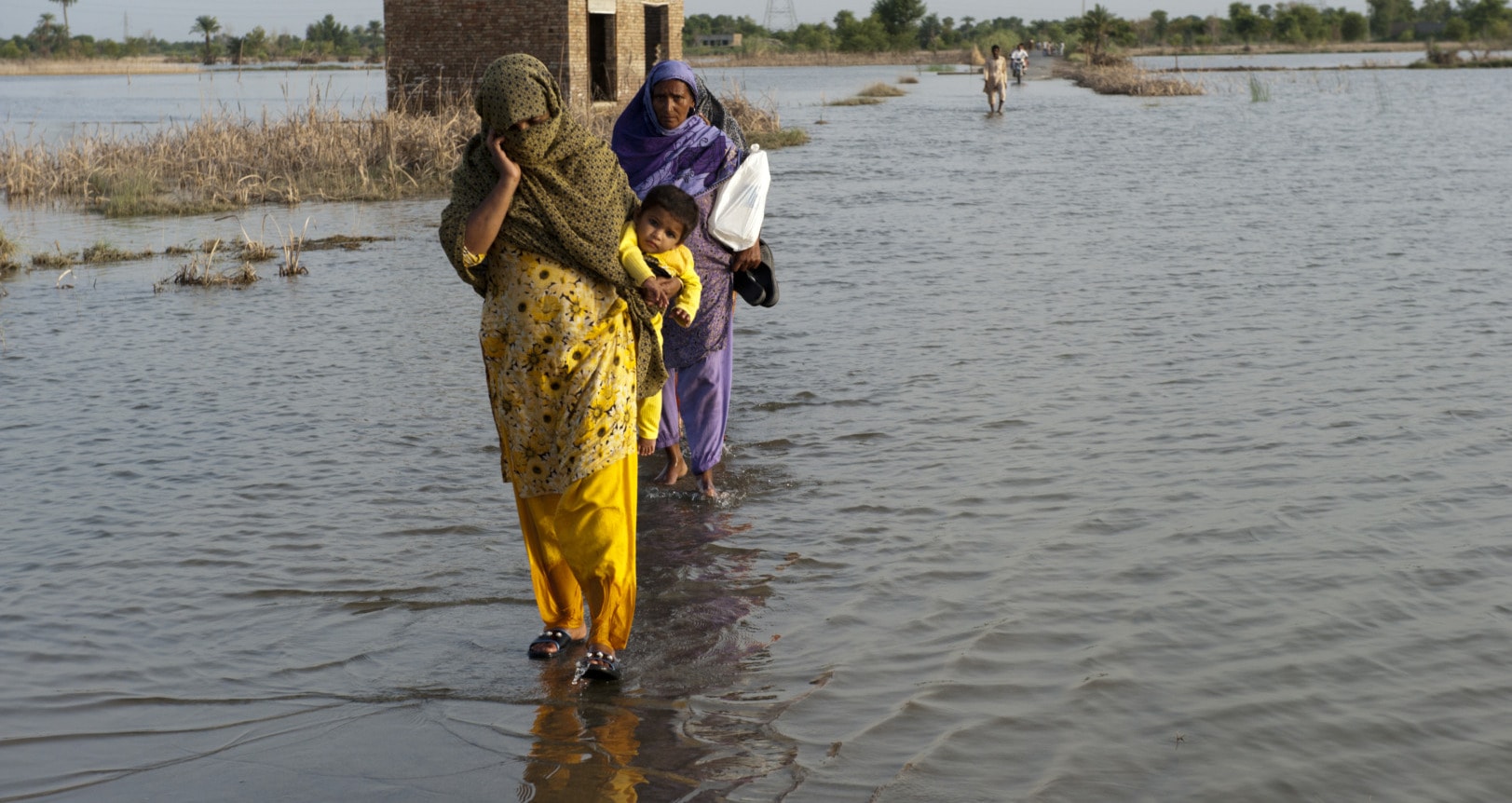Everywhere I have lived, from New York City, where I was born and raised, to Michigan where my home is now, everyone I know belongs to at least one voluntary association – defined as a group you freely choose to join, unpaid and outside of work. I even remember seeing my stay-at-home, very puritan mother go out the door in her good suit and a briefcase to volunteer at a home for unwed mothers – I think it was called The Society for Friendless Girls.
Several times in my life, if I didn’t find a group that shared my idiosyncrasies, I started it myself. The very first was “the Bird Bums,” which I founded at the age of 11: we rode around on our bicycles with binoculars, bird books and bird lists in our baskets. Sadly, it crashed from membership decline when my friends “matured” before I did and refused to participate anymore because “we are chasing boys, not birds now.” After that, I found solace in the school Audubon club, and I still belong to the Audubon Association all these years later.
Interest groups are subsets of voluntary associations focused on specific public policies and the legislation needed to enact them – the Sierra Club, for example, AARP (the American Association for Retired Persons), or the Citizens’ Climate Lobby. In Europe and elsewhere, there are organizations like Greenpeace European Unit (founded in Canada in 1971 and working everywhere, including in the US), Doctors without Borders (Médecins Sans Frontières in French), Swiss-based World WildLife Fund (WWF) and Amnesty International, just to name a few.
Some policy-oriented groups append frivolous pastimes to the serious stuff: the Sierra Club mingles invitations to “fun outdoor activities” with calls for environmental activism and the AAUW (American Association of University Women), an effective advocate for women’s issues, offers Canasta, Bridge, MahJong, Art Appreciation, Theater-going and Book groups.
The Citizens’ Climate Lobby is the voluntary association that I devote most of my volunteer time to. Recently, we gray-heads have been joined by a refreshingly younger cohort who enhance our “on-boarding” (bringing in new members) with “fun events” like nature walks, get-togethers in bars, bike rides, and bowling nights. After a day of vigorous lobbying in Washington DC, for example, our national conference arranged for an evening of dancing!
Sometimes Voluntary Associations founded for recreation morph into political influencers. Take the NRA (National Rifle Association) from which my daughter earned a badge for (recreational) riflery many years ago at camp but which has since become a frighteningly effective lobby that has held gun safety reform back for decades. Sororities and Fraternities begin as fun, social entities, but look at how Black Sororities and Women’s Clubs organized behind Stacy Abrams’ effective Georgia get-out-the-vote movement in 2020 and 2022! (see “Granular Politics”)
The Complexity of Coalitions
In Northwest Michigan, where we have a summer cabin, we joined the Betsie River Restoration Committee along with homeowners along the river and recreational groups like hunters and fisherfolk, all of us intent on keeping the river pristine. We weren’t very successful at raising money, however, so were delighted when the local Native American Tribe gave the Committee a generous donation from its casino earnings. Then, all of our watershed’s river groups were taken under the wing of the Conservation Resource Alliance (CRA), a voluntary organization collaborating with numerous local entities to protect 700 miles of rivers, 5,000 miles of tributaries, and 4 million acres of forest.
CRA assembled all kinds of partners and stakeholders, including possible green-washers (for-profit organizations exploiting the situation for public relations reasons). The list is long and includes the likes of the DTE Foundation and Consumers Energy, but also Trout Unlimited, the Little River Band of Ottawa Indians, the Fish America Foundation, Orvis, the Grand Traverse Band of Ottawa and Chippewa Indians, the Manistee County Sport Fishing Association, the U.S. Fish and Wildlife Service, and businesses like Patagonia, along with governmental entities like the Michigan Department of Natural Resources, the Michigan Department of Environment, and the Benzie and Grand Traverse County Road Commissions.
While I find it heartening to realize that so many people, from so many different kinds of organizations and points of view, can work together on behalf of our cherished Northern Michigan wetlands, I am daunted by the complexity of maintaining and administering such complex networks. Although I have lent my oratorical and writing skills to lots of voluntary associations over the years, a union member friend once remarked of me, “Annis really couldn’t organize herself out of a paper bag.” It is my lack of skill in administering networks that leaves me in such awe of how voluntary organizations do their work.
Take, for example, another Northern Michigan group, now called the Groundwork Center for Resilient Communities. When I first came to Northwest Michigan in 1992, rural unemployment and poverty were widespread. Local residents loathed environmentalists because they thought that anything we gained would be at the expense of jobs for them: they came down our driveways to shout and spit at us (yes, that happened); there was definitely no love lost.
Then along came MLUI, the Michigan Land Use Institute as Groundwork was then called, to mediate between the warring factions until we achieved consensus on what to do. What is astonishing about Groundwork is the way it applies well-honed organizational skills to a wide range of projects, from Climate and Environmental action plans to Transportation and Community Design, not to mention the vexed issues of Housing and Mobility.
Here, for example, is Groundworks’ summary of its work on clean energy:
Groundwork’s clean energy advocacy work spans several decades, beginning when, as the Michigan Land Use Institute in the 1990s, we pushed for reforms in the oil and gas drilling industry. This work was followed by successful advocacy to shut down existing coal plants and reject new ones in Michigan. Groundwork launched the Oil and Water Don’t Mix campaign to decommission the Line 5 pipeline in the Straits of Mackinac, and followed this highly successful environmental coalition of environmental groups to help launch both the Michigan Climate Action Network and the Great Lakes Business Network—key advocacy partners in the push for clean energy.
On a local level, Groundwork focuses on helping Michigan communities set and achieve goals for 100% renewable energy, advance solar on school, and coordinates a local solar group-buy program known as Access MI Solar. We strategically partner with public schools, businesses, municipal utilities and tribes as key stakeholders in these communities.
Groundwork’s Farm to Table program, which I described in a previous Impakter article typifies the style of mediation that has become the organization’s hallmark.
They helped local farmers re-envision themselves as small-scale entrepreneurs, “developing the full scope of support and resources that other businesses receive, such as policy development, business planning, marketing distribution, finance, and technology.”
As a result, farmers learned to work in wide networks of allied groups, to everyone’s mutual benefit.
You would think that, with so many moving parts, Groundwork would not be able to respond quickly in a crisis, but it can pivot on a dime. The Farm to School program, which links Federal and State funding to farmers, school children and educators, was able to respond in a timely way to the pandemic’s rupture of distribution chains and sudden spike in food needs by setting up a Local Food Relief Fund and a Farm to Pantry program.
To give you an idea of how complex this challenge was, Groundwork’s project to lower food costs for families in poverty involved
- Northwest Michigan’s Food and Farming Network and
- Fair Food Network’s Double Up Food Bucks project, then
- Head Start
- Two Rotary Clubs
- A hospital
- United Way
- Two Local Native American Tribes
- Funding from individual families
- Funding from corporations.
Their management of such disparate groups to achieve a common good was awesome!
By the way, successful food reforms in local communities like Traverse City’s are echoed on a worldwide basis: the COP28 conference is presenting “Good Food Finance” as a side event. And now at COP28, 130 nations, including the United States, have agreed to include food in their climate plans, pledging $2.5 billion of investments in sustainable farming:
We, the People
There was an article in the Detroit Free Press the other day about the Fifth National Climate Assessment headlined “REPORT IDS CLIMATE CHANGE VILLAINS: US”. The writers argued that we will never get our newly passed and signed Michigan clean energy legislation up and running in time to stop the rise of global warming.
People won’t agree to solar panels on their land! Where is the infrastructure to boost energy transmission? Our outdated electrical grids cannot handle the demand!
As it happens, we at the Citizens Climate Lobby have spent the last month lobbying for a bipartisan, bicameral (Senate and House) bill called the BIG WIRES ACT, ( Building Integrated Grids with Interregional Energy Supply), which provides exactly that kind of process that we need to get the U.S. energy infrastructure up and running.
The answer to journalistic doomerism rests with who is meant by “us” in that Detroit Free Press headline. It is true that many Americans are discouraged by the disarray in national “climate politics” and do not believe that individual actions are sufficient to hold back global warming.
However, when you consider the thousands of volunteers working full out all over the United States for effective climate policy and legislation (with occasional forays into bowling nights, card games, and dancing), it seems unfair and short-sighted to call us “climate villains.”
And, going back to COP 28 news for a moment, the US, via a Kamala Harris announcement, has just pledged $3 billion to the newly-launched Green Climate Fund. No small accomplishment, considering that the biggest pledges to the Fund (so far) have come from Germany and the UAE, each committing $100 million.
In short, through the political power of our volunteer associations, We the People constitute a force to be reckoned with!







